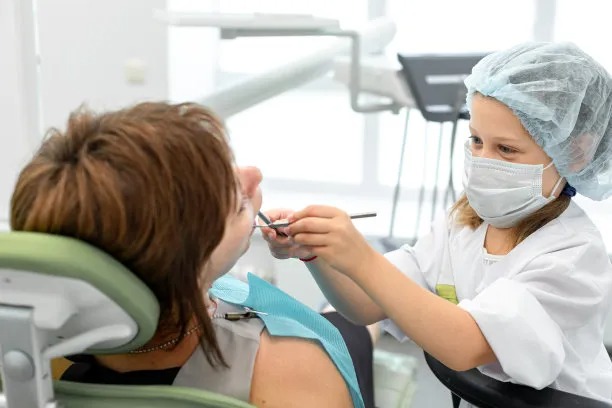Preventing Periodontal Disease Key Strategies for Oral Health
Summary: Preventing Periodontal Disease is crucial for maintaining optimal oral health. This article will explore key strategies to prevent this common dental issue and promote overall well-being.
1. Importance of Oral Hygiene

Proper brushing and flossing techniques are essential for removing plaque and preventing gum disease. Regular dental check-ups and professional cleanings play a vital role in maintaining oral health.
Good oral hygiene practices, such as using mouthwash and tongue scrapers, can further reduce the risk of periodontal disease. It is essential to establish a daily routine to keep teeth and gums healthy.
Education about the impact of diet on oral health is also important. Avoiding sugary and acidic foods can help prevent tooth decay and gum inflammation.
2. Lifestyle Choices and Periodontal Health
Smoking and tobacco use have been strongly linked to an increased risk of periodontal disease. Quitting smoking can significantly improve oral health and reduce the likelihood of gum problems.
Stress management techniques, such as meditation and exercise, can also benefit oral health. High stress levels can weaken the immune system, making the gums more susceptible to infection.
A balanced diet rich in vitamins and minerals is essential for gum health. Consuming foods high in antioxidants can help combat inflammation and support overall oral hygiene.
3. The Role of Genetics in Periodontal Disease
Genetic factors can influence an individuals susceptibility to periodontal disease. Understanding family history and genetic predispositions can help tailor preventive measures and treatment plans.
Regular dental screenings can detect early signs of gum disease and allow for timely intervention. Genetic testing may provide valuable insights into personalized oral care strategies.
Collaboration between patients and dental professionals is key to managing genetic risk factors associated with periodontal disease. Open communication and proactive measures can help prevent serious oral health issues.
4. Professional Treatments and Periodontal Disease Prevention
Periodontal exams and deep cleanings are essential for preventing gum disease progression. Periodontists specialize in treating advanced gum problems and can provide targeted therapies.
Surgical interventions, such as gum grafting and pocket reduction procedures, may be necessary for severe cases of periodontal disease. These treatments aim to restore gum health and prevent tooth loss.
Ongoing maintenance and follow-up care are critical after professional treatments. Patients must adhere to oral hygiene recommendations and attend regular dental appointments to monitor their periodontal health.
Summary:
Preventing Periodontal Disease requires a comprehensive approach that includes practicing good oral hygiene, making healthy lifestyle choices, understanding genetic influences, and seeking professional treatments when needed. By implementing these key strategies, individuals can safeguard their oral health and overall well-being.
This article is compiled by Vickong Dental and the content is for reference only



